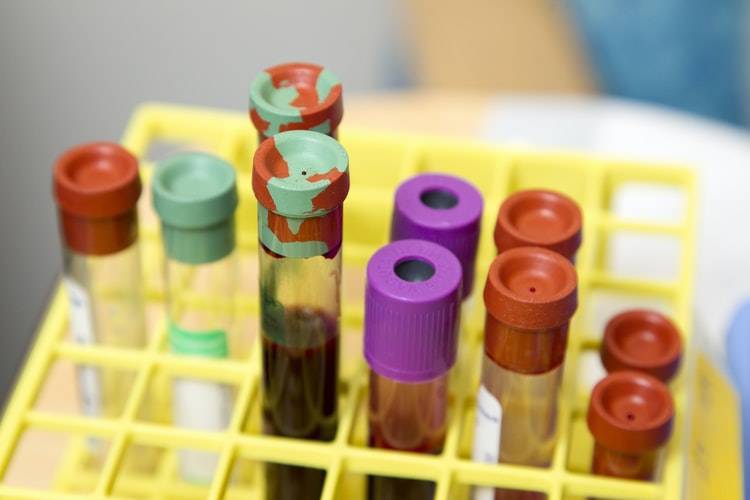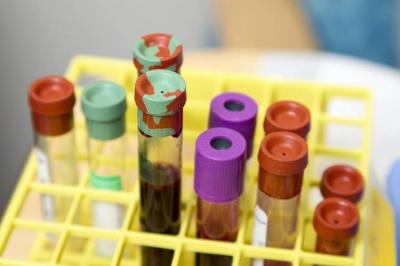A study published in the New England Journal of Medicine has shown that a new drug targeting a blood protein may reduce the risk of serious blood clots following surgery. The medication, called abilisimab, prevents blood clots in patients undergoing knee replacement surgery. Data indicated that this drug, developed by Anthos Therapeutics in Cambridge, reduced the risk of blood clots in those who underwent the procedure by about 80% compared to the blood thinner enoxaparin.
Researchers noted that the effects of the drug last for up to a month after surgery, suggesting that it offers treatment that could potentially change the entire approach for individuals with blood clots or those at risk of developing them, including some stroke victims.
Dr. Jeffrey Weitz, a hematologist and professor of medicine at McMaster University in Hamilton, Ontario, Canada, and a co-author of the study, stated in a press release, "Patients undergoing knee replacement routinely receive anticoagulant treatment using enoxaparin or other anticoagulants that require daily management. With a single injection of abilisimab after surgery, we found much greater protection against clots in the veins of the leg compared to enoxaparin."
Enoxaparin, commonly used as a blood thinner, is sold under the brand name Lovenox, while abilisimab is a new drug still in clinical trials, according to the researchers.
Weitz explained that testing new anticoagulants first on patients undergoing orthopedic surgery, such as knee replacement, is justified because these patients are at risk of clots in the veins of their legs, allowing for the evaluation of different drug doses to determine both effectiveness and safety compared to existing medications.
These doses could then be applied to patients with clots or those at risk for clots, such as clots associated with cancer or for stroke prevention, as well as for treating deep vein thrombosis, pulmonary embolism, and clots in the veins and lungs of cancer patients, according to the UPI website.




